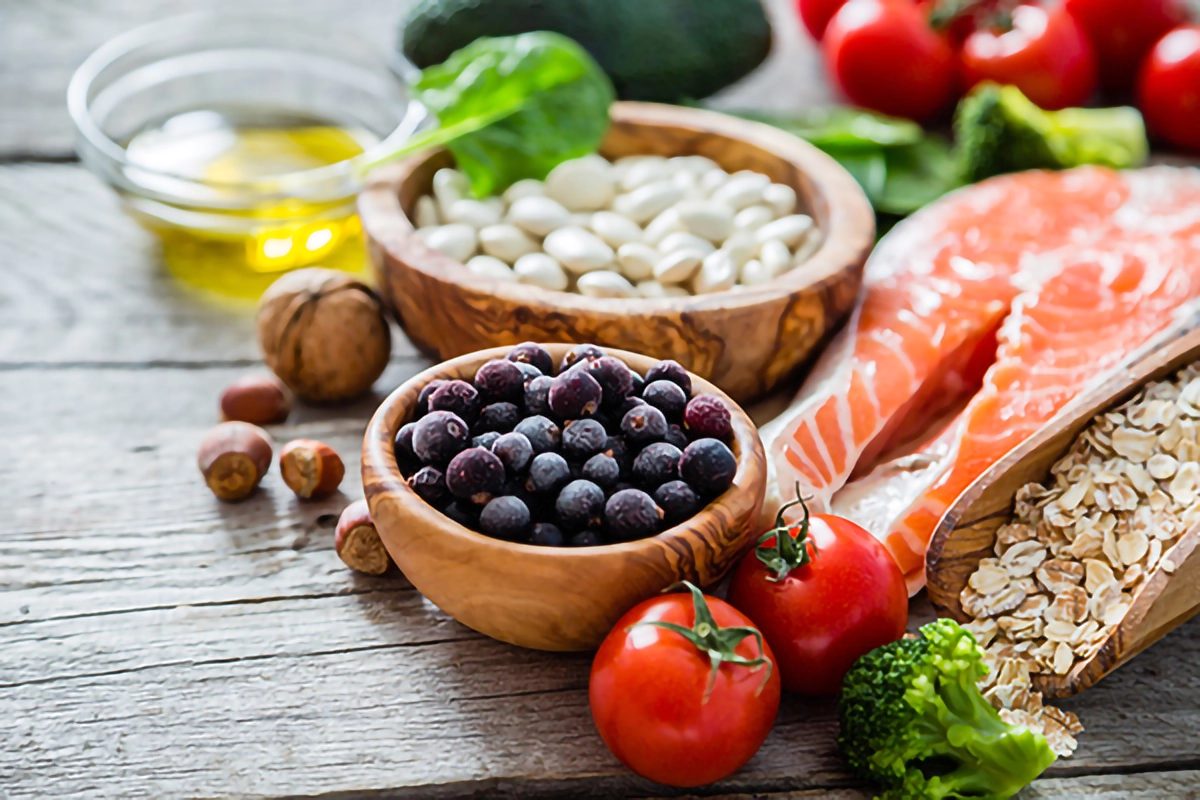We use cookies to help provide you with the best possible online experience.
By using this site, you agree that we may store and access cookies on your device. Cookie policy.
Cookie settings.
Functional Cookies
Functional Cookies are enabled by default at all times so that we can save your preferences for cookie settings and ensure site works and delivers best experience.
3rd Party Cookies
This website uses Google Analytics to collect anonymous information such as the number of visitors to the site, and the most popular pages.
Keeping this cookie enabled helps us to improve our website.
Social Prescribing Resource Sheet:
Healthy Eating
Healthy Eating
This resource page includes a selection of services, tools, and organisations that others have found helpful.
If you require further support in accessing these, or other services, please contact the Social Prescribing Team on 01308 428943 or contact us via our online form.

Social Prescribing is available at your GP Surgery
If you live in Bridport, Beaminster, Lyme Regis or the wider West Dorset area, you can speak directly with our Social Prescribers and Care Coordinators - no referral needed.
- Support with finances
- Getting Active
- Hobbies and Interests
- Connecting to Community
- Supporting wellbeing
- Help with Long Term Conditions
Why it matters
Eating well can help you:
• Manage your weight
• Improve blood sugar control
• Boost your energy and wellbeing
• Reduce risk of Type 2 diabetes, stroke, and heart disease
Even losing just 1kg can make a big difference to your health!
Top Tips for Healthier Eating
1. Skip the Sugary Drinks
- Avoid fizzy drinks, energy drinks, and juice.
- Choose water, milk, or tea/coffee with no added sugar.
- Diet or sugar-free options are better, but plain drinks are best.
2. Go for High-Fibre Carbs
- Swap white bread, rice, and pastries for wholemeal bread and pasta, brown rice, oats, and wholegrain cereals.
- Other great options include fruit and vegetables, beans, lentils, chickpeas, and unsweetened dairy products.
3. Reduce Red & Processed Meat
- Limit bacon, sausages, ham, beef, and lamb.
- Choose chicken, turkey, eggs, fish, pulses, and unsalted nuts instead.
4. Fill Up on Fruit & Veg
- Aim for half your plate to be fruit or veg.
- Go for variety – try 30 different plants a week.
- Fresh, frozen, or canned all count. Whole fruit is better than juices or smoothies.
5. Choose Unsweetened Yoghurt & Cheese
- Fermented dairy supports gut health.
- Go for plain Greek yoghurt, natural yoghurt, and milk.
- Aim for 3 servings daily: 200ml milk, 125g yoghurt, or 30g cheese.
6. Watch Your Alcohol
- Keep to a maximum of 14 units per week, spread over 3 or more days.
- Avoid binge drinking.
Need help? Try Live Well Dorset or ask about REACH support.
7. Snack Smart
- Healthier snack ideas include unsalted nuts and seeds, veg sticks with houmous, plain yoghurt, or fresh fruit.
8. Choose Healthy Fats
- Limit butter, lard, red meat, cakes, and processed snacks.
- Choose olive oil, avocados, nuts, seeds, and oily fish like salmon and sardines.
9. Cut Down on Salt
- Aim for no more than 6g (1 tsp) per day.
- Read food labels and avoid salty ready meals and snacks.
- Cook from scratch when possible and use herbs and spices to add flavour.
10. Get Nutrients from Food
- Focus on food first – not supplements.
- Everyone should take vitamin D, and folic acid is important during pregnancy.
- A daily multivitamin is okay if you want extra cover.
Lower-Carb Eating & Blood Sugar
Choose high-fibre, wholegrain carbs in small portions.
Include pulses like lentils and beans for protein and fibre.
This is especially helpful for people with prediabetes or diabetes.
Resources:
- The 30-Minute Diabetes Cookbook – Caldesi
- Look up Dr Michael Mosley on the Mediterranean diet
Cut Back on Ultra-Processed Foods (UPFs)
Watch for long ingredient lists, additives, and health claims.
Avoid packaged snacks, ready meals, and sugary cereals.
Aim for foods close to their natural state.
Resources:
- Ultra-Processed People – Chris van Tulleken
Eat Mindfully
Sit down to eat, use a plate and cutlery.
Slow down and put down your fork between bites.
Drink a glass of water with meals.
Plan Ahead
Plan meals and snacks for the week.
Batch cook when you can.
Keep healthy options ready to avoid temptation.
Do it for Your Future Self
Every small change today makes a difference tomorrow.
Eat well, stay active, and feel better now and in the years to come.
Further Information
While we hope you may find something here that supports you, please note that these resources are not all officially endorsed by the NHS. We endeavour to ensure that all listings are accurate and up to date, but please be aware that we cannot guarantee this at all times.
If you are a local service, organisation or group that would like to be included in this guide, please contact us via secure online form or call the PCN Admin Team on 01308 801810 and tell us about your support offering.
Last updated: July 2025.
